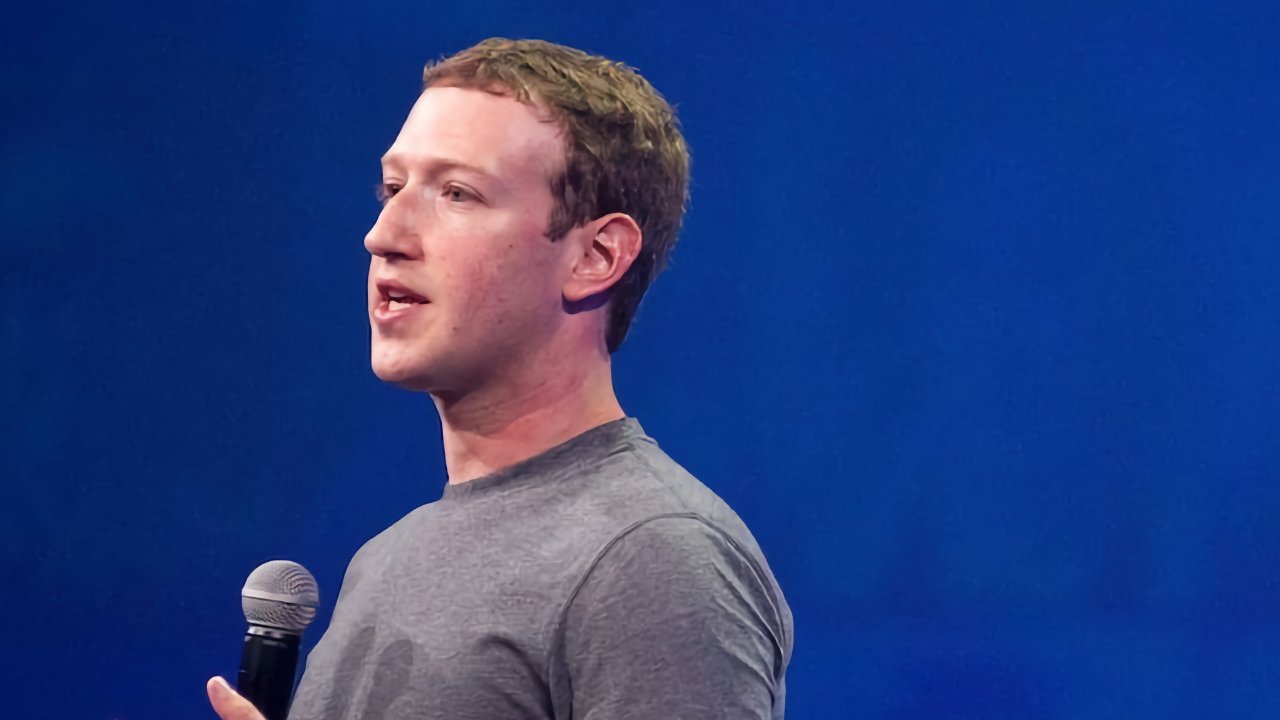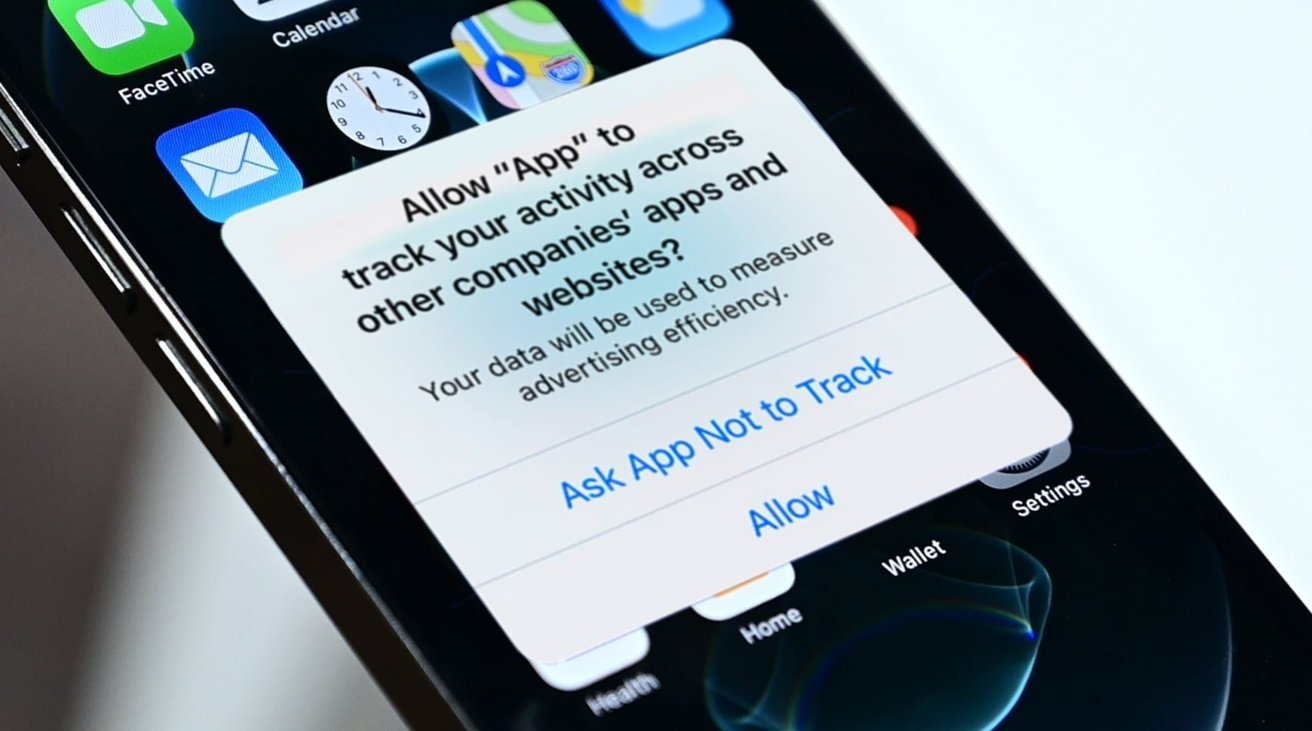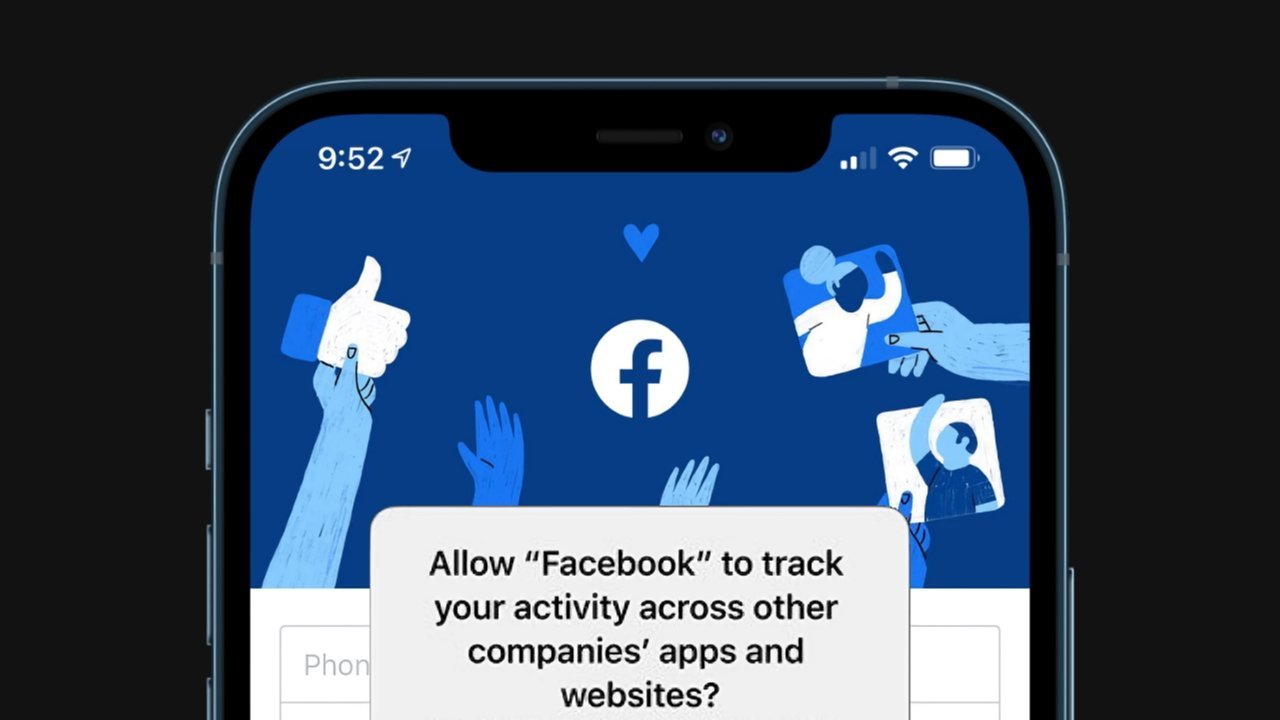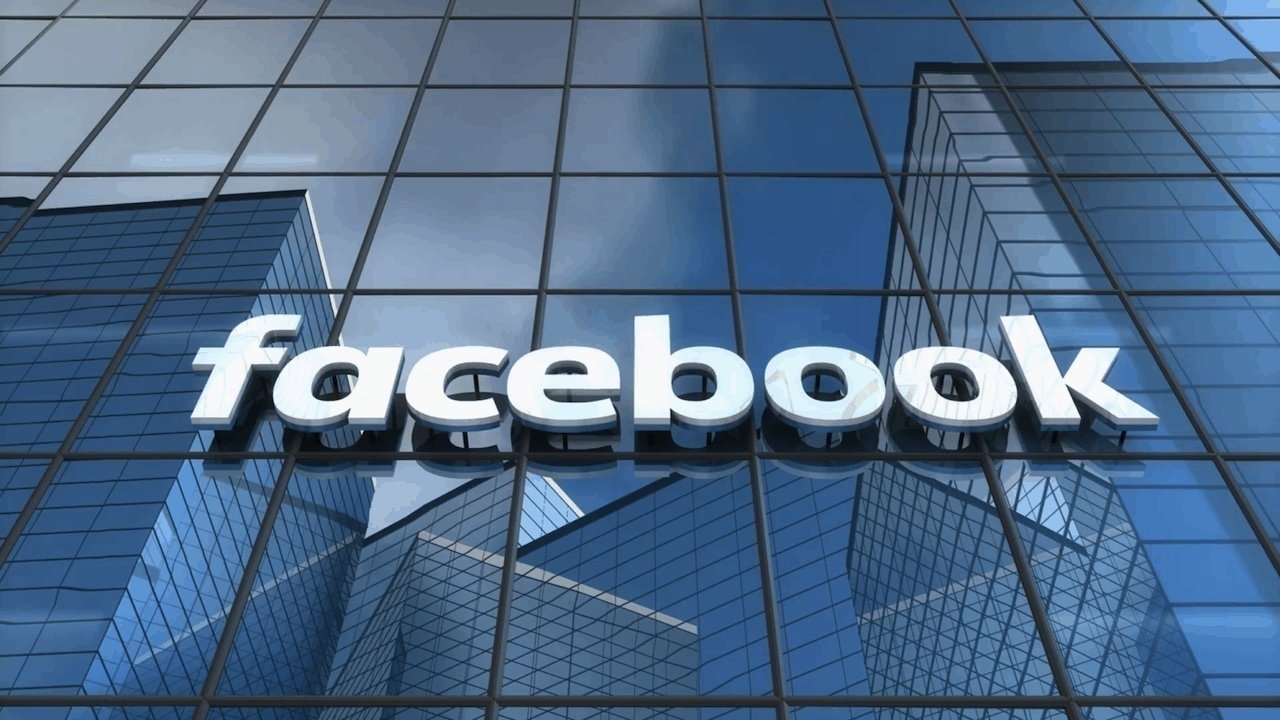
Facebook claims it's the champion of small businesses, but as soon as Apple's privacy changes affected Mark Zuckerberg's bottom line, it took it out on its small business partners.
Facebook may be this enormously successful corporation, but it's acting like a child whose allowance has been stopped. And like a child, it's blaming everyone else for issues it thinks are so unfair.
Specifically, it's so very unfair that Apple's App Tracking Transparency caused Facebook to take $10 billion off its forecast revenue. To ordinary people, that $10 billion is startling evidence that the personal information we so casually share is worth an enormous amount of money.
But to Facebook, we are not people. We are just providers of personal data and as a group, we've proved ourselves stupid enough to provide it by the bucketful.
Then whether Apple has genuinely created its privacy tools to help us, or it's a big marketing plot, Zuckerberg complains because it didn't ask Facebook's permission first.
Hence Facebook CEO Mark Zuckerberg wanting to tell on Apple, to take Tim Cook to court. And then, Zuckerberg later petulantly saying no, it's fine, it's fine, we don't care, actually we're glad.

It's also going to make others feel the pain, though. Specifically US news publishers who, according to Axios, can forget getting paid by Facebook for news that the company scrapes to feed its devout users.
The words Facebook and paying don't often go together anyway. It's certainly not as if Facebook has been good for journalism.
Facebook signed various deals in 2019, agreeing to pay certain news publishers specific amounts for content that went on its News tab. But it changed its algorithm so that news got promoted less than updates from family and friends, and there's a decent chance you didn't even know there was a News tab.
Unsurprisingly, then, after three years of not promoting the News tab, Facebook can now say that people aren't using it.
"A lot has changed since we signed deals three years ago to test bringing additional news links to Facebook News in the US," a Facebook spokesperson told publication Axios. "Most people do not come to Facebook for news, and as a business it doesn't make sense to over-invest in areas that don't align with user preferences."
Only, it was Facebook's completely false reporting of user preferences, that led to the whole "pivot to video" movement from around 2016. Perhaps more than just the move from print to online, that pivot to video idea permanently destroyed so many news organizations.

Facebook's data proved people weren't reading news anymore, they were online to watch videos. So according to Vanity Fair, writers and editorial staff across the US were made redundant en masse, while video producers were hired.
But Facebook had exaggerated its figures by between 150% and 900%. Facebook denies this, but it later settled a lawsuit brought by advertisers over the issue.
Facebook paid out $40 million then, but some publishers who had pivoted to video simply could not move back and did not recover. While there are forces beyond Facebook that contributed to this, the University of North Carolina said that even before the coronavirus, 20 newspaper businesses were closing every month.
Pivot to VR
Now Facebook is pushing for VR and its grand plan to dominate the Metaverse, but it's going to make VR creators fund it. Adding together a "platform fee" and a commission on anything sold via its systems, the Facebook parent company plans to effectively charge developers 47.5%
This move was so egregious that for once Apple rose to the bait and commented publicly on that fee, and on Facebook's previously vocal criticisms about app store fees.
"Meta has repeatedly taken aim at Apple for charging developers a 30% commission for in-app purchases in the App Store — and have used small businesses and creators as a scapegoat at every turn," said Apple Senior Director of Corporate Communications Fred Sainz.
"Now — Meta seeks to charge those same creators significantly more than any other platform," continued Sainz. "[Meta's] announcement lays bare Meta's hypocrisy. It goes to show that while they seek to use Apple's platform for free, they happily take from the creators and small businesses that use their own."

Facebook champions small businesses in name only
Facebook has this childish willingness to cut off other people's money, yet whine when it's done back to it. But that doesn't mean its staff are not self-aware.
Someone in Facebook has realized that bleating like a child whose candy has been taken away is not going to get anyone on their side. And they've realized that claiming to be the champion defending small businesses is at least more likely to gain some traction.
Apple will never voluntarily budge on its privacy features, they are either too central to the company's very beliefs, or to the firm's marketing policies. But with issues like CSAM scanning, it has proved willing to back down or change course, at least temporarily, in the face of public opinion.
Nobody will stand up for Facebook, but surely most of us would for small businesses. Facebook's claim of being a champion for small businesses is risible, and it does not stand up to even a moment's examination.
But then it's newspapers that would surely be the first to examine this issue. They won't and they can't because Zuckerberg's actions either killed them directly, or weakened them so corporations could buy them en masse and consolidate newsrooms and production far away from the target market.
Facebook faces little push-back from actual small businesses like newspapers, because it's entire existence has been about destroying them.